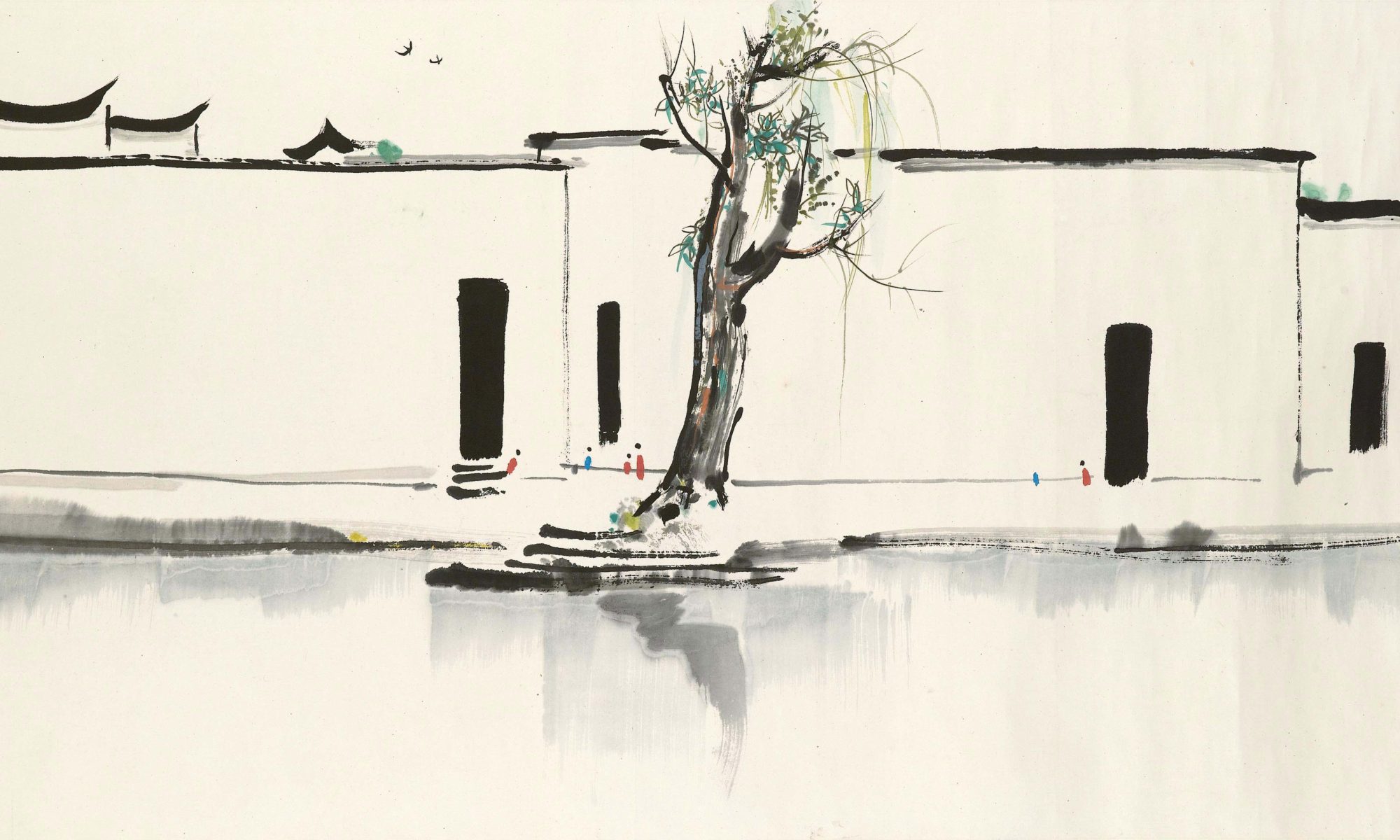 The journey of becoming an adult is the theme that most people got from Demian. However, in my opinion, it is only the tool that Herman Hesse used to demonstrate his idea of becoming or finding the self and the truth, or better yet, the true self. For Hesse, it seems oneself and the truth are interchangeable.
The journey of becoming an adult is the theme that most people got from Demian. However, in my opinion, it is only the tool that Herman Hesse used to demonstrate his idea of becoming or finding the self and the truth, or better yet, the true self. For Hesse, it seems oneself and the truth are interchangeable.
The two worlds that Sinclair is dealing with are the world outside and the world inside of oneself. They are also segregated by good and evil. In the middle of struggling between the two worlds, which signified by Sinclair’s family, a symbol of the protestant church, and Sinclair’s friends outside, Sinclair met Demian and was exposed to the idea that to experience the world as a whole, one has to accept both good and evil without repelling against either side. In other words, the combination of both becomes the truth and makes one whole.
Hesse lived in the time of Nietzche in which the questioning of morality influenced Europe heavily, if not the whole Western world, at that time. Nietzche, in his writing, On the Genealogy of Morals, argues that modern morality is a human invention. He writes, “at the time when mankind was not yet ashamed of its cruelty, life in the world was brighter…the gloom hanging over man has always increased as man has grown more ashamed of his own race” (Nietzche 53). This declaration is precisely what Sinclair is experiencing during his time of struggling between good and evil. The most disturbing thing for Sinclair is that he is enjoying it. Tightly bound by this invention of human morality, mostly from the church, Sinclair was miserable whenever he comes back home and faces his parents, which bear the symbol of the protestant church. Eventually, he follows the guidance of Demian, who liberated him by making him realized that the world is within him, and the truth is already inside him waiting to come out.
This liberation goes back to the very beginning of the novel, and it writes “to tell my story, I have to start very far back…into the distant reaches of my origins” (Hesse 1). The idea ties to Nietzche’s exploration of the idea of morality back to the very beginning of human history in which it was totally different, if it had its existence at all, from the modern world. So to find the truth, to find oneself, one has to go back to the very origin. In the case of morality, Nietzche found that there was no such thing. Sinclair’s guilt and distress was caused by the inconsistency between the outside world (the social values) and the inside world (the truth in human). He eventually let go of the social values that impose on him and found truth within him.

